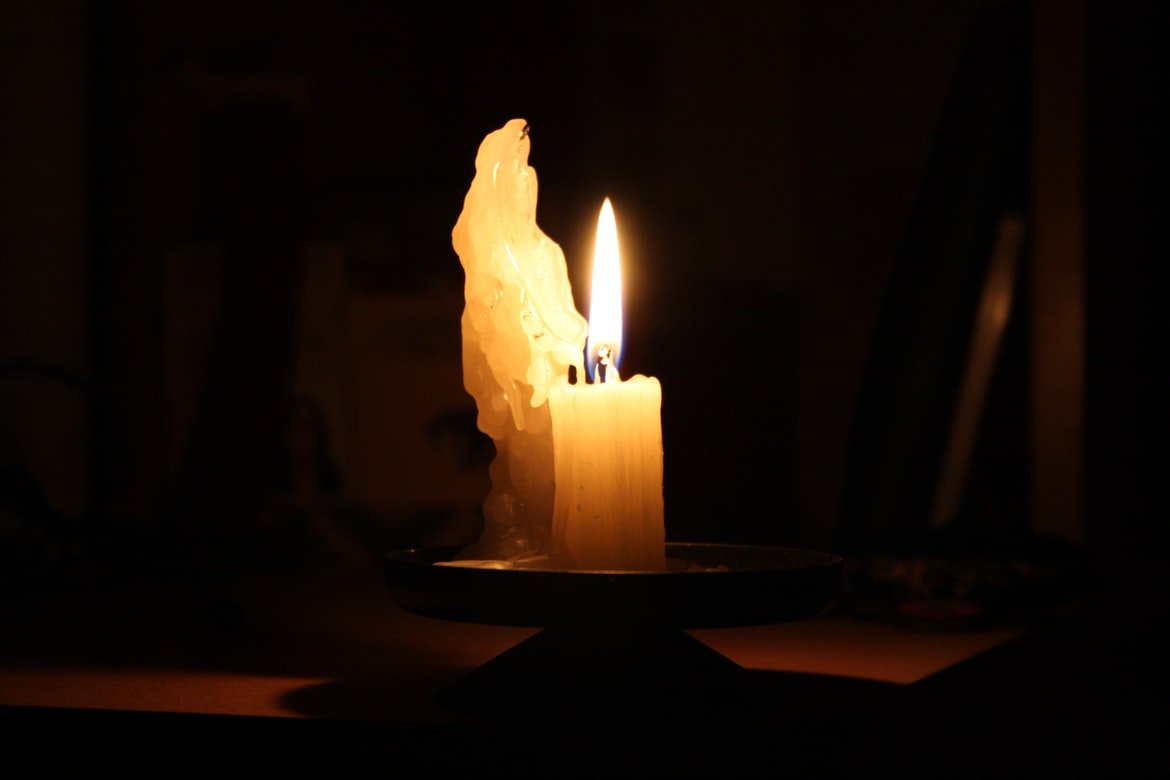On Grieving the Loss of a Church
by Abbi Nye
The grief finds me in waves. Some days it laps gently around my feet; other days the roar threatens to engulf me.
When you spend an entire life within the Christian community, grieving the loss of a church is an overwhelming task. American Christians are not typically taught to grieve well. Even as Anglicans with seasons devoted to penitence, we fall back on platitudes and denial when confronted with the harm done by our churches. We are taught that the joy of the Lord is our strength. When we suffer abuse, we are admonished that forgiveness and reconciliation will cover an unrepentant heart. We are told when suffering comes that God meant it for a reason.
When we grieve the loss of a child, a spouse, a parent, we are afforded some understanding from people around us. They show up on our front doorstep with hugs and sympathy casseroles. When we grieve the loss of a church, it is difficult for the people around us to understand the depth of our mourning. Pastor and professor Susan Dunlap uses the phrase “disenfranchised grief:” that is, grief that does not conform to cultural norms of mourning. Many times we leave behind our only community when we exit a church, and so we are left to parade our grief in the public square, seeking people who will grieve alongside us.
Author Sara Billups has coined the term “orphaned believers,” and that is an apt description for people who lose their church. While the leaving doesn’t usually involve a literal death, it means the death of who we thought we were and who we thought others were. We do not just lose our certainty in church leaders and theology; we lose our community, our family, and our identity. We are, in a word, orphans.
For many of us, leaving the church is both a response to trauma and a traumatic event itself. Our departure sometimes follows months--or even years--of panic attacks during worship services, sudden nausea that surfaces when we hear certain words or phrases, and the dark dread that we face every time we enter a church building.
If you are feeling shame or disillusionment over leaving your church, you are not alone. Spiritual abuse and other types of abuse destroy lives. They leave a trail of broken souls in their wake. So here we are. Broken, grieving orphans.
Where do we go from here?
I don’t have fully-formed answers, but here are some suggestions:
Honor your grief. Make space for it. Don’t sweep it under the rug or minimize it. If you are still numb from the trauma, allow your grief to surface in small, manageable ways. When the grief brings fatigue, sleep. If you feel shaky and cold, wrap yourself in a warm blanket.
God cares about your heart, not the outward actions you associate with Christianity. Do you need to skip church for a while until you can work with a trauma therapist to heal? Perhaps.
Don’t fear your anger. God isn’t afraid of it. He welcomes it. Anger is a legitimate response to people and events that mock God’s justice.
Consider creative alternatives if daily devotions, bible reading, or prayer trigger strong reactions. Perhaps choose an unfamiliar bible translation like The Message. Or if opening a physical bible is too much, consider an audio version. Or just take a break. As therapist Dan Allender points out, “sometimes just being able to say ‘I can’t read the bible right now’ may seem like rebellion, but it’s actually a faithful statement that ‘I know to some degree, it’s temporary, but today and maybe for the next six months I can’t’...but also an acknowledgment of ‘this isn’t where I want to be at some point.’”
If you are a parent and your children are old enough to notice what is going on, be honest with them. Let them see you hold your doubt and grief with honor. If they are old enough to know that you have left a church, listen to their stories and validate their emotions.
Find at least one person who will listen to your story of loss with empathy. That person might be online if you’ve been abandoned by your physical community. And that’s ok.
I’m not going to reassure you that grief will eventually lead to gratitude. I can’t make that kind of prediction for someone else’s life. What I can say is this: You’re not alone. God grieves with you.
Kyrie eleison. May you find peace, orphaned believer.
Abbi Nye is an archivist in Milwaukee, Wisconsin. She holds a degree in biblical and theological studies and enjoys studying the influence of liberation theology on Roman Catholic priests in Milwaukee’s civil rights movement. When she’s not teaching about primary source literacy, you’ll find her watching the latest Kdrama or baking macarons with odd flavor combinations for her husband and son.

